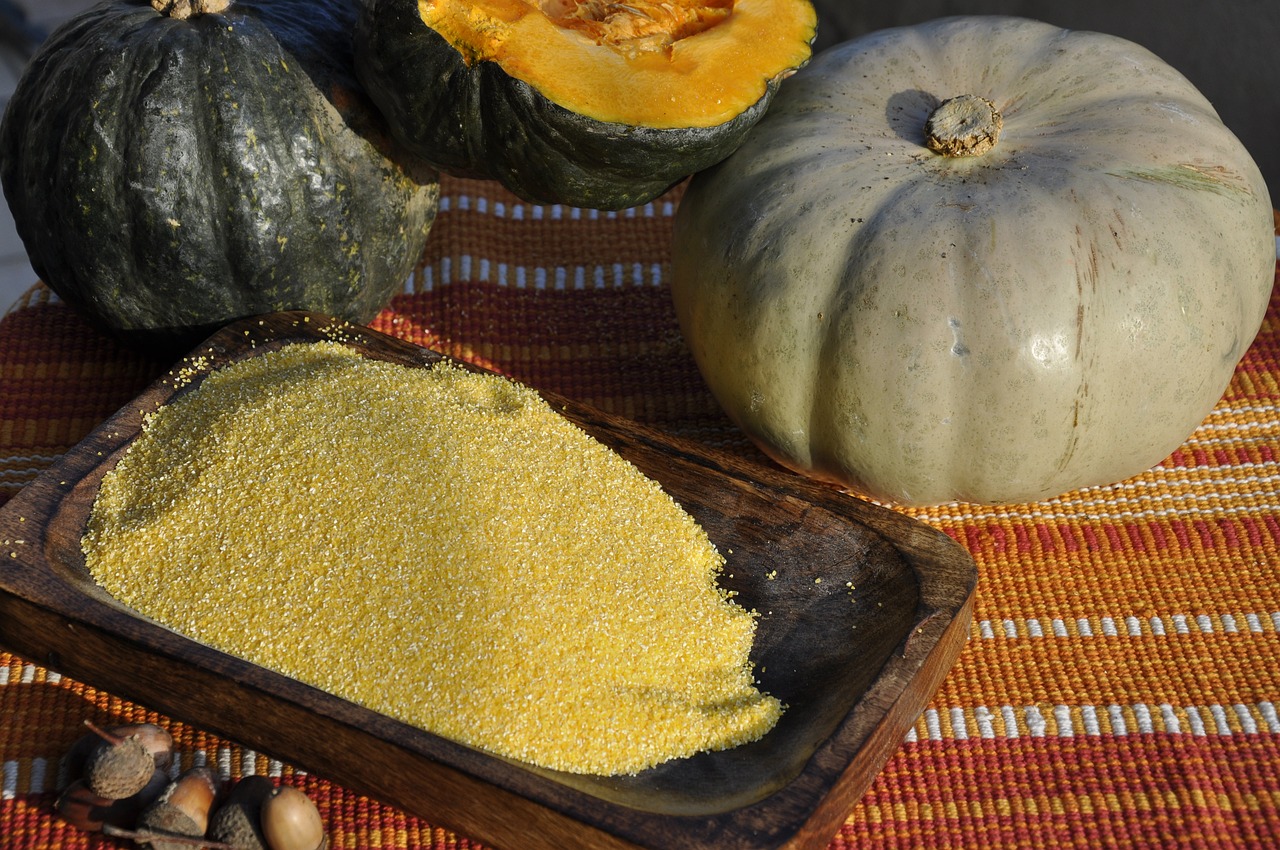Ah, French bread. The crunchy golden-brown crust, the soft, fluffy interior, and the distinct aroma of yeast and flour perfectly blended together—There’s something magical about it. But…did you know that some recipes also include cornmeal?
This is an unusual ingredient, so let’s explore why and whether it’s essential for the perfect loaf.
Does Every Recipe for French Bread Require Cornmeal?
French bread recipes usually differ greatly. Traditional recipes usually don’t call for any additional ingredients, and some have unheard-of (and sometimes questionable!) ingredients, such as cornmeal.
When it comes to unique ingredients, non-traditional recipes are more likely to include them.
If you choose to omit the cornmeal, there are plenty of alternatives. Rice flour, buckwheat flour, and semolina are all good options. If you would like to keep the original flavor and texture of the bread, you can even substitute different types of wheat flour.
Is Using Cornmeal Necessary for Good French Bread?
The main reason for using cornmeal in a French bread recipe is for texture and flavor. It adds a light, crunchy texture and adds a subtle nutty flavor.
Of course, it all comes down to preference. If you prefer a lighter, softer texture or a milder flavor, then you can omit the cornmeal.
Cost is also a consideration—using cornmeal will add to the overall cost of making the bread, although it is a relatively inexpensive ingredient. If budget is a major concern, then you may want to consider omitting the cornmeal entirely.
Health Benefits of Cornmeal in French Bread
When it comes to health benefits, neither recipes with nor without cornmeal are overwhelmingly better than the other. However, if you choose to use cornmeal, there are some clear nutritional benefits.
Recipes with cornmeal tend to be higher in fiber and protein, while also containing a wide variety of vitamins and minerals, including vitamin B3, vitamin B6, calcium, and magnesium. On the other hand, recipes that don’t include cornmeal can be a good source of whole grain and gluten-free options.
Types of Flours Used to Make French Bread
Flour is an essential ingredient when it comes to making French bread. Most recipes call for all-purpose flour, but there are certain recipes that require specialty flours, such as bread flour or cake flour.
These types of flour have different levels of gluten, which contributes to the texture of the bread. Bread flour, for example, has a higher gluten level, which results in a chewier texture.
Cake flour, on the other hand, has a lower gluten level, resulting in a lighter and softer texture.
Does Temperature Affect the Addition of Cornmeal?
The temperature of the room can have an effect on how well the bread rises and how long it takes. The colder it is, the longer it takes for the bread to rise. The same can be said for bread recipes that include cornmeal.
The colder it is, the more time it will need for the dough to rise.
The impact on the final taste and texture can vary depending on the temperature of the room. For example, bread made in a cool room will usually have a firmer texture and a milder flavor.
In a warmer room, the bread will likely have a softer texture and a more pronounced flavor.
Making French Bread with and Without Cornmeal
When it comes to making French bread, whether you’re including cornmeal or not, there are some tips and techniques you can use to get the best-tasting bread.
When it comes to traditional recipes with cornmeal, knead the dough until it feels elastic and let it rise until it has doubled in size. For non-traditional recipes or recipes that don’t use cornmeal, make sure the dough is not overworked, as this can yield a bread that’s too dense and tough.
Also, be sure to let the dough rise for the specified amount of time for the best results.
Common Mistakes When Making French Bread
Making French bread can be tricky, and there are some common mistakes you should avoid. One of the most common mistakes is over-working the dough or using the incorrect kneading technique.
This can result in a bread that is too dense and tough.
Another common mistake is not allowing the dough to rise long enough. It is important to wait until the dough has doubled in size before baking it. If you don’t wait long enough, the bread may not get the full amount of leavening and won’t rise properly.
Problems Encountered When Leaving Out the Cornmeal
If you choose to omit the cornmeal, there are a few potential problems you may encounter. One of the most common problems is that if your diet does not include refined ingredients, it may be harder to find a recipe that is suitable for your needs.
Another problem may arise if the cooking instructions are not followed carefully. Without the cornmeal, the dough may be too soft and difficult to work with. This may lead to a bread that doesn’t rise properly and has a flat, dense texture.
Conclusion
In conclusion, the inclusion of cornmeal in a French bread recipe is optional. It can add a light and crunchy texture as well as a subtle nutty flavor, but it also adds to the cost of the recipe. If you choose to omit the cornmeal, there are plenty of alternatives that will still provide you with a delicious and nutritious loaf of bread.
When making French bread, it is important to consider the temperature of the room and use the correct kneading and rising techniques, regardless of whether you include the cornmeal or not. Ultimately, the decision to include or omit cornmeal is down to personal preference. So go ahead and experiment with different recipes to find the one that is just right for you!

